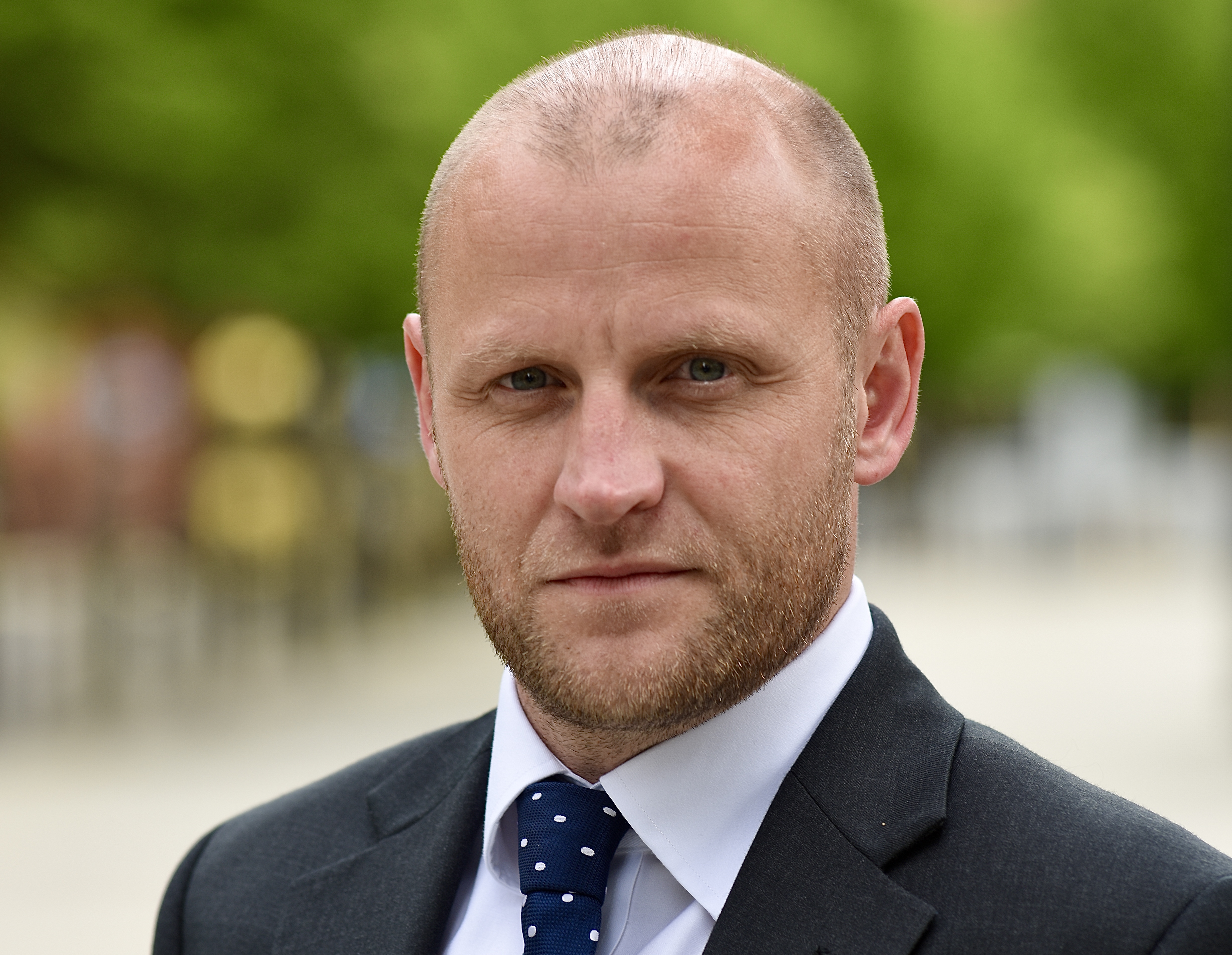Publications
Blog: Police wellbeing: a collective responsibility
16 July 2024
In the week that Oscar Kilo, the National Police Wellbeing Service, has launched a suicide action plan for policing, I wanted to capture and share my thoughts on welfare and wellbeing.
As police officers, we dedicate ourselves to the safety and wellbeing of others, but we each face our own unique and often intense pressures. The wellbeing of police officers can be seen as an individual concern but it has a wider impact on colleagues, the service and the public.
The crucial role of police wellbeing
We know our wellbeing affects our performance. We do a demanding job that requires quick decision-making, physical endurance, and emotional resilience. If we're well-rested, mentally alert, and emotionally balanced we're going to be more effective at work. If we're stressed, tired, or struggling with mental health issues, our judgement can be affected and that's risky.
The nature of police work exposes us to traumatic events, which can lead to significant mental health challenges. Various studies, including The Job The Life, have shown police officers are at a higher risk for conditions such as post-traumatic stress disorder (PTSD), anxiety, and depression compared to the general population. The stigma around mental health in policing can exacerbate these issues, as we might feel more reluctant to seek help for fear of being perceived as weak or unfit for duty.
Promoting wellbeing is a collective responsibility
What's clear is that one size doesn't fit all when it comes to wellbeing support for police officers. This is one of the reasons why we welcome the suicide action plan from Oscar Kilo. It's why we promote the work of the Police Treatment Centre, Police Care UK and others.
It's also why we and BTP Federation teamed up to raise money for and awareness of PTSD999. In the last year, with your help, we have raised £30,000 for the charity, which will help it to reach and assist more emergency workers who are living with post-traumatic stress disorder.
It could be argued that there's a daunting number of paths to seeking support, but I think having options is a good thing. If you have realised you're not coping well with what work and life are throwing at you, the last thing you need is to be funnelled towards treatment or support that's not right for you. In this situation, options are helpful, as is having the ability to try different services to find what really works for you. I've learned through my Federation role that an approach that works for one may not get the same benefits for another. Here, we sometimes need to try another option.
There are more routes to support than I could hope to list here but my intention is to give you a sense of the scope of what's available.
Organisational Support
CNC plays a crucial role in promoting the wellbeing of officers and staff. The Force has a great Occupational Health function and also promote the Employee Assistance Programme where we need a more independent option. Line managers are another source of support which we strongly encourage approaching if you are struggling.
Federation Support
Welfare is one of the Federation's core roles. Our reps are trained to be a listening ear, but also to signpost you to support within and external to the organisation, and to guide you through those processes. The Group Insurance also plays a part as members have access to services such as on-demand GP appointments.
Police charities
I have mentioned a few organisations above but there are a number of charities that provide mental health support, such as:
- The Police Treatment Centres offer a psychological wellbeing programme,
- The Police Firearms Officers Association (PFOA) provides access to counselling, eye movement desensitisation and reprocessing therapy (EMDR) and cognitive behavioural therapy
- Police Care UK offers a specialist programme of practical, emotional and financial support
Information on all of the police charities can be found in one place, which is the Police Charities UK website. Again, Federation reps can assist you in seeking help, or you can approach these organisations directly.
Peer Support Networks
Peer support programs can be incredibly effective in providing emotional and psychological assistance. Colleagues who have had similar experiences can offer valuable empathy and understanding. These networks create a safe space for officers to share their struggles and gain support from colleagues who truly understand the unique challenges of the job.
Call4Backup and PTSD999 both run peer support programmes.
Family and social support
Our support systems extend beyond our colleagues; our family and friends play a vital role in an officer's wellbeing. Educating them about the stresses of police work and providing them with resources to support their loved ones can strengthen this crucial support network.
Oscar Kilo has some excellent resources you could share with those you're close to. Their Family Life series has guidance on communication, mental health, eating and sleeping better as a family. Continuing the conversation
I believe firmly that we must prioritise the mental, emotional, and physical health of those who protect and serve and as a Federation, we will keep acknowledging the human side of policing and do what we can to ensure every officer has the support they need. In the lead up to Mental Health Awareness Day in October, we're working with organisations including AXON to keep the mental health conversation going. The theme for this year's awareness day is prioritising mental health in the workplace.
But if you feel you need help right now, please look at some of the options I have listed above. Explore the resources and lean on your support network and your Federation too. Your wellbeing is important, not just for you, but for everyone you serve.
Often the hardest part is asking for help, but please be assured there is a lot of support out there.
Gary Thwaite
CEO of CNP Federation